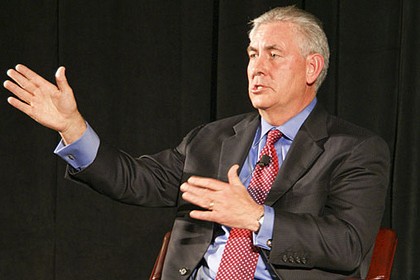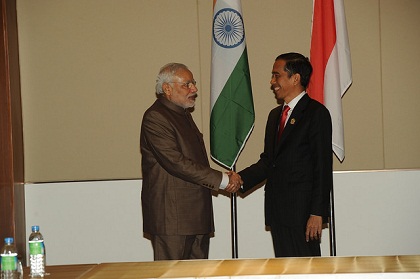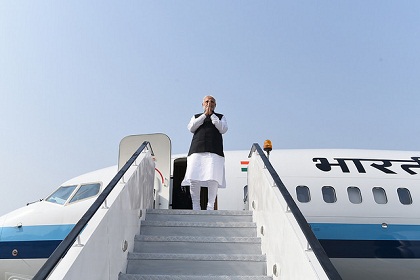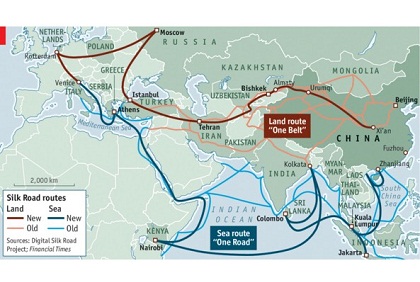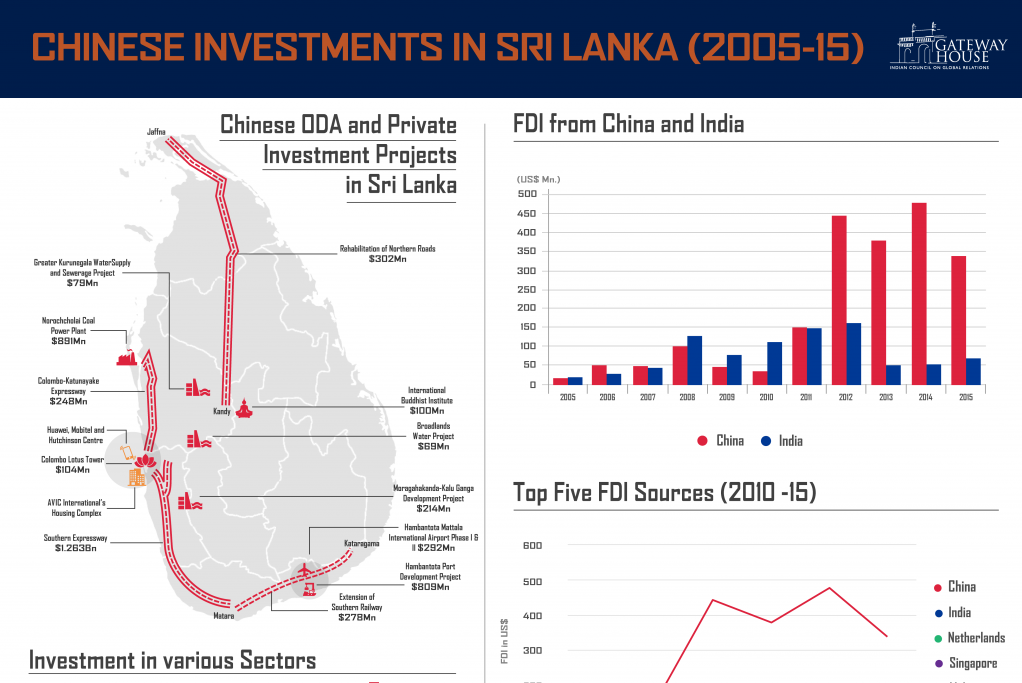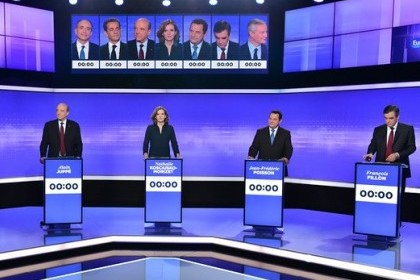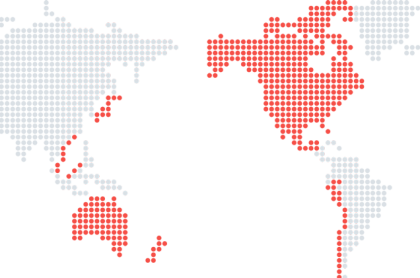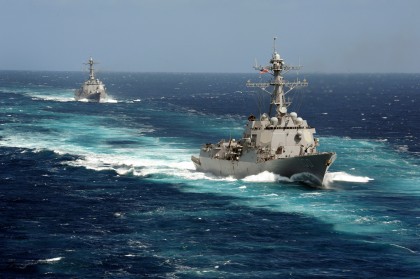Can Tillerson reset U.S.-Russia ties?
Rex Tillerson, Chairman and CEO of ExxonMobil and Donald Trump’s pick as U.S. Secretary of State, has had a long and fruitful working relationship with Russia. His experience could lubricate US-Russia relations, a development that can only benefit energy buyers like India

